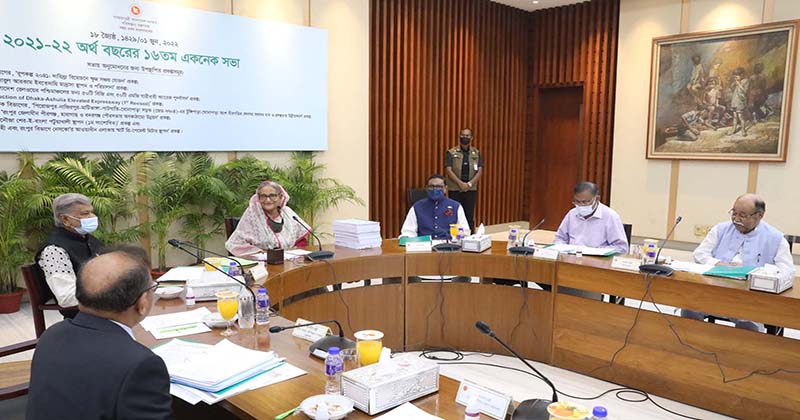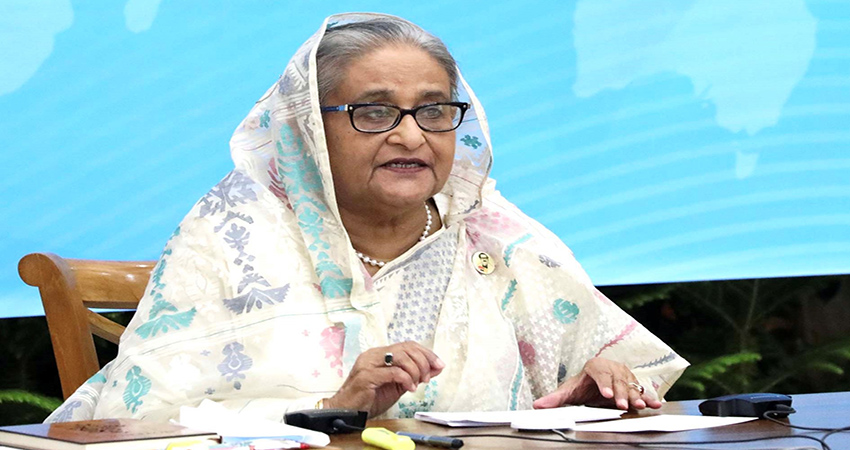Prime Minister Sheikh Hasina asked the countrymen to be economical in using electricity as soaring fuel prices are causing a global crisis.
"On one hand there is the impact of the coronavirus, on top of that came the Russia-Ukraine war. As a result of which oil prices have risen all over the world. Many countries are now crying out for electricity," the premier said while speaking at a ceremony marking the 47th anniversary of the Presidential Guard Regiment on Tuesday ( 5 July).
"We ensured electricity for every household and everyone was getting uninterrupted electricity. But now the prices of the materials used to generate electricity in the international market have gone up drastically. For example, the price of diesel has gone up, the price of oil has gone up, the price of LNG has gone up. The price of everything has gone up. Coal is not available now," she added.
Energy markets across the world are feeling the pressure of the pandemic, Ukraine crisis, historically low global inventories and unpredictable temperatures. Warmer weather in Asia, including Bangladesh, has meant even more power consumption than before.
Rising liquefied natural petroleum (LNG) prices in the world market have not only reduced power generation, but its supply is low enough that many stoves have also stopped burning. From homes, to shops to factories – everything and everyone can already feel the effects.
The government has also been unable to buy LNG from the spot market - where Bangladesh gets the bulk of its supplies - due to rising prices, with LNG price per unit crossing the $40 mark while it was last bought for $25. As a result, supply has dropped by 30%. Similarly, due to the rise in fuel prices, oil-fired power plants are not also not functioning at full capacity, resulting in load shedding.
According to Petrobangla, the state-owned oil company, the daily demand for gas is 370 crore, while only 275-280 cubic feet has been supplied in each of the last two days. If more LNG is not bought, the supply of gas cannot be increased.
Furthermore, if Russian gas producer Gazprom's proposal on Monday to expand its rouble-for-gas scheme for pipeline gas to include LNG gains momentum, then global gas supplies will be further stressed.
Bangladesh supplied its highest 12,100MW during peak hours on 22 June. Currently, due to the gas crisis, power plants with a total capacity of 3,500 megawatts (MW) remain unused.
Bangladesh doesn't have any long-term LNG purchase agreement with any country. Even if one was to be made now, its effects could only be seen years later. Bangladesh's current predicament is one shared by many other countries.
In Sri Lanka, public offices were asked to turn off air conditioners. On 2 March, the crisis-hit nation announced nationwide seven-and-half hour daily power cuts, the longest in 26 years, prompting widespread protests. India, too, is witnessing the worst power outages – two to eight hours - in over six years, owing to dwindling coal supplies and extreme heatwave.
In January, US investment bank Goldman Sachs' analysts warned that Europe could see its stored gas fall below record lows seen in 2018 if a cold snap were to hit the region.



















